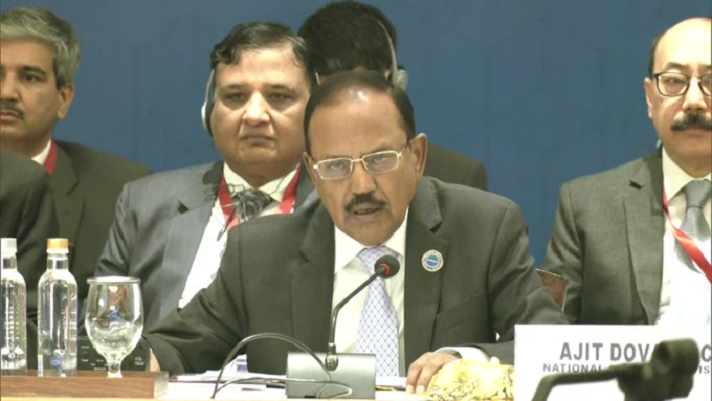
The Indian regional summit on Afghanistan failed to achieve New Delhi's objective of indirectly raising the bogey of terrorism in Afghanistan as a separate statement issued by Russia did not highlight the areas pointed by the host country.
Two statements, with varying content, were released by Russia and India at the conclusion of the summit on Wednesday, showing differences in their stance on certain issues.
The summit was attended by national security advisers and secretaries of the national security councils of India, Iran, Kazakhstan, Kyrgyzstan, Russia, Tajikistan, Turkmenistan and Uzbekistan. The meeting had no representation from either Afghanistan, China or Pakistan.
In the summit, New Delhi focused on the “threats arising from terrorism, radicalisation and drug trafficking” in Afghanistan, according to the “Delhi Declaration".
Ironically, Pakistan had already issued a dossier last year specifically pointing out the operation of 66 Indian-funded terrorist training camps, in collaboration with Afghan NDS, to carry out subversive activities in Pakistan.
Also read: India hosts first regional meeting on Afghanistan since Taliban takeover
Of the 12 points discussed at the meeting, four were related to extremism, terrorism, radicalisation and drug trafficking in Afghanistan, while “humanitarian concerns” were the last in order of priority in a statement released at the end of the meeting by the Indian Ministry of External Affairs.
Interestingly, and in a rare move, Russia also issued its own statement, which showed divergent views on at least five areas.
On the issue of terrorism, the declaration stressed the need “to ensure that Afghanistan would never become a safe haven for global terrorism”. However, the statement from Russia skipped that line.
Similarly, it called for ensuring that the fundamental rights of women, children and minority communities were not violated. The statement from Russia, while mentioning the importance of ensuring the rights of women, children and national minorities, again skipped the words “fundamental” rights and “not violated”.
The declaration stressed “collective cooperation against the menace of radicalisation, extremism, separatism and drug trafficking in the region,” but the Russian statement made no such mention of “collective cooperation” on these issues.
Also read: After Pakistan, China also snubs India-hosted summit on Afghanistan
In another instance, it recalled “relevant UN Resolutions on Afghanistan” and said the UN has a central role to play in Afghanistan and that its continued presence in the country must be “preserved”.
The Russian statement said they noted the UN plays a central role in Afghanistan and the permanent UN presence in the country must be “maintained”.
Another aspect highlighted in the declaration was about holding the next regional security dialogue in 2022, however, the Russian statement did not mention any such date. On the contrary, it said that the participants agreed to continue interaction on the Afghan issues.
Diplomatic experts believe that usually, two different statements are not issued at the end of a moot unless one of the participants has a specific point to make and wants to put his stance in black and white, explicitly expressing that the final agreement lacked consensus.




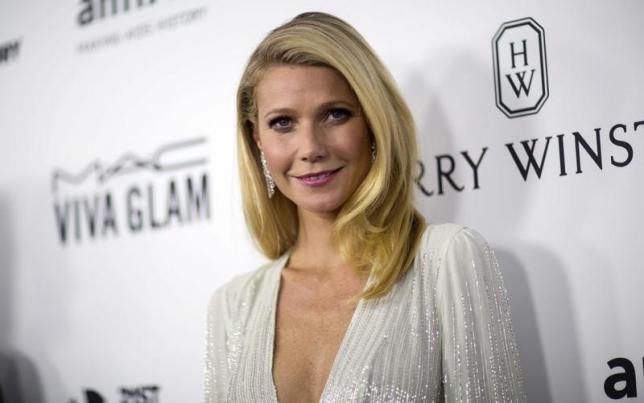

1726222459-0/trump-(14)1726222459-0-270x192.webp)




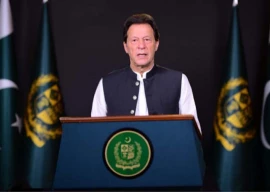
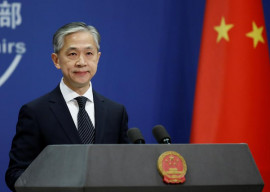

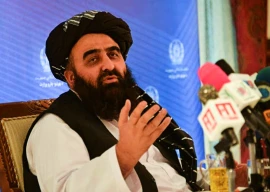






COMMENTS
Comments are moderated and generally will be posted if they are on-topic and not abusive.
For more information, please see our Comments FAQ